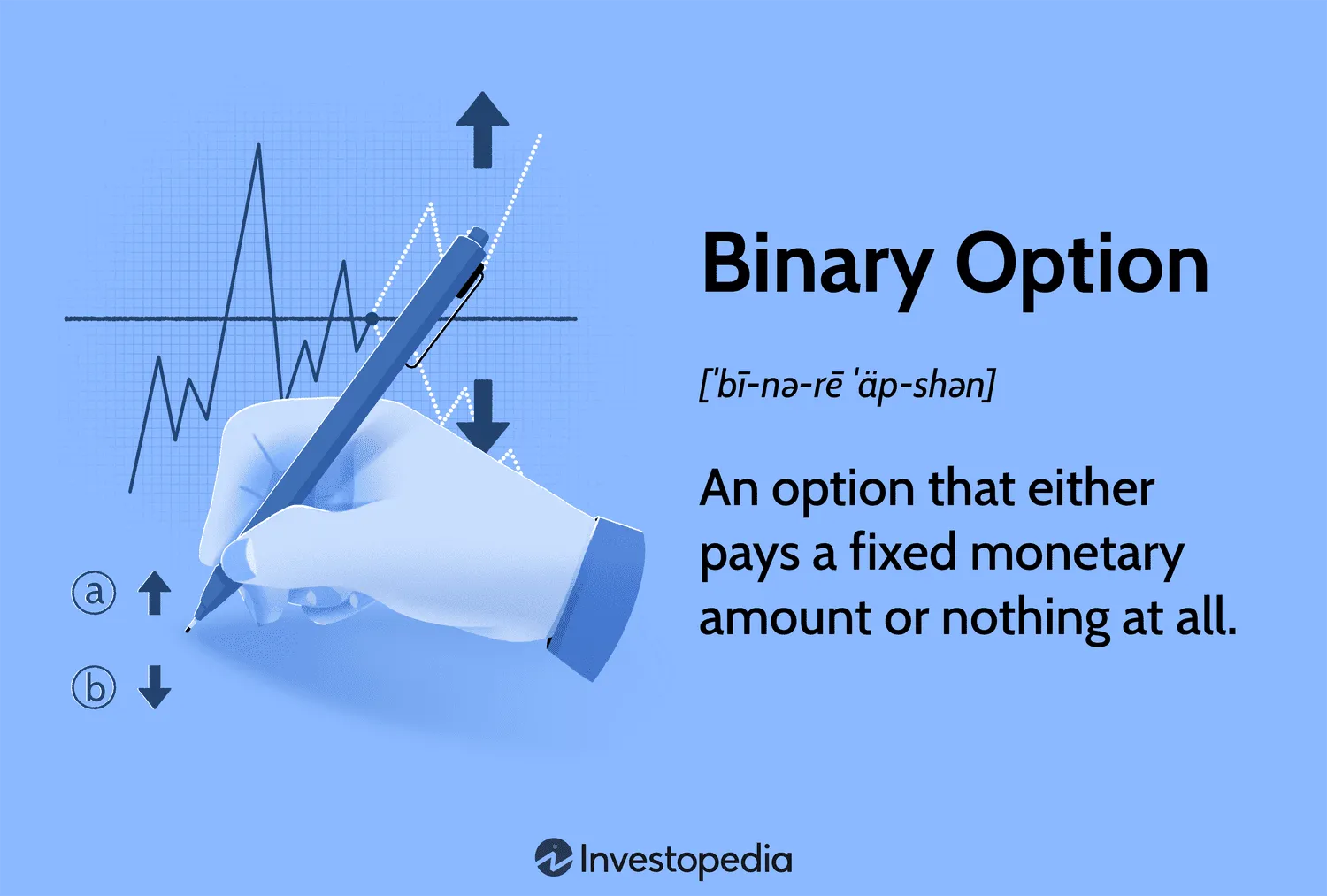Introduction
Quantitative finance has become one of the most competitive and rewarding career paths in the modern financial world. Professionals in this field—commonly known as “quants”—play a crucial role in designing mathematical models, managing risk, and developing trading strategies. For aspiring quants, Quantitative Finance Interviews represent the ultimate challenge. These interviews test not only your technical expertise but also your problem-solving ability, communication skills, and industry knowledge.
In this detailed guide, we will explore everything you need to know to master your upcoming interviews. From common questions and strategies to preparation techniques and mindset tips, this article will help you walk into the room with confidence.

Why Quantitative Finance Interviews Are So Competitive
Quantitative finance positions are in high demand because of the lucrative opportunities they provide in investment banks, hedge funds, and trading firms. However, the hiring process is intense. Firms seek candidates with exceptional mathematical, statistical, and programming abilities.
The interviews are designed to filter candidates who:
- Possess strong technical knowledge in mathematics, finance, and programming.
- Can solve complex problems under pressure.
- Demonstrate creativity and analytical thinking.
- Have the ability to apply theoretical concepts to real-world finance.
This is why Quantitative Finance Interviews are known for their difficulty.
Key Areas Tested in Quantitative Finance Interviews
Most interviewers structure their process around the following core domains:
- Mathematics & Probability
- Probability distributions
- Stochastic calculus
- Linear algebra and eigenvalues
- Optimization problems
- Programming & Data Skills
- Python, R, or C++ coding challenges
- Algorithm design
- Big data handling
- Quant libraries and machine learning basics
- Finance Knowledge
- Derivatives pricing models
- Risk management strategies
- Portfolio optimization
- Market microstructure
- Behavioral & Problem-Solving Skills
- Handling stress and deadlines
- Explaining technical solutions to non-technical managers
- Real-life case studies in trading or risk management
Common Quantitative Finance Interview Questions
Let’s break down some frequently asked questions and how to approach them:
1. Brain Teasers and Probability Puzzles
Example: “You roll two dice. What is the probability that the sum equals seven?”
These questions test your ability to apply probability and statistics quickly.
2. Technical Math Questions
Example: “Explain Ito’s Lemma and its significance in quantitative finance.”
3. Coding Questions
Example: “Write a Python function to simulate stock prices using Geometric Brownian Motion.”
4. Finance-Specific Questions
Example: “How do you price an option using the Black-Scholes model?”
5. Behavioral Questions
Example: “Tell me about a time you had to solve a difficult problem under extreme time pressure.”

How to Prepare for Quantitative Finance Interviews
Preparation is key. Here’s a structured plan:
Step 1: Master the Fundamentals
- Revise probability, statistics, and linear algebra.
- Understand derivative pricing, portfolio theory, and risk measures.
Step 2: Strengthen Programming Skills
- Practice Python and C++ coding challenges.
- Build financial models and backtesting scripts.
Step 3: Solve Practice Problems Daily
- Use resources like Heard on The Street or Quant Interview Prep guides.
- Take mock tests to simulate real interview pressure.
Step 4: Stay Updated with Finance Trends
- Read about algorithmic trading, AI in finance, and new risk models.
- This shows interviewers you are future-oriented.
Behavioral Success: Selling Yourself as a Quant
While technical skills matter, don’t underestimate soft skills. Employers also value:
- Communication: Explaining complex formulas in simple terms.
- Teamwork: Working with traders, risk managers, and developers.
- Adaptability: Embracing new tools like AI-driven models.
Advanced Strategies to Stand Out
To leave a lasting impression in Quantitative Finance Interviews, follow these expert strategies:
- Showcase Real Projects
Bring examples of coding projects, trading algorithms, or financial models you built. - Use the STAR Method for Behavioral Questions
(Situation, Task, Action, Result) → This structured approach makes your answers impactful. - Demonstrate Critical Thinking
Even if you don’t know the answer, explain your thought process. - Highlight Industry Awareness
Show knowledge about risk regulations (Basel III, stress testing), cryptocurrency finance, or AI-driven trading.
This level of preparation demonstrates not only competence but also passion for the field.
Mistakes to Avoid in Quantitative Finance Interviews
- Memorizing answers instead of understanding concepts.
- Failing to practice coding challenges under time limits.
- Ignoring behavioral questions.
- Lacking confidence when explaining solutions.
Power Keyword Integration
To unlock your potential in finance careers, mastering Quantitative Finance Interviews is not optional—it is the gateway to some of the most rewarding opportunities in the industry.

Conclusion
Succeeding in Quantitative Finance Interviews requires more than technical mastery. It demands a balance of problem-solving skills, strong communication, and a growth mindset. By focusing on preparation, practicing daily, and staying aware of industry trends, you can position yourself as a standout candidate.
Remember, every interview is not just a test but also an opportunity to showcase your expertise and passion for quantitative finance. With the right mindset, preparation, and persistence, your dream role in the financial world is within reach.





